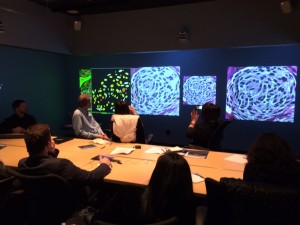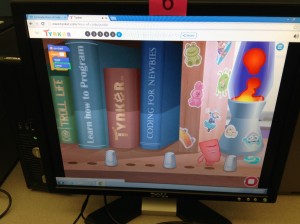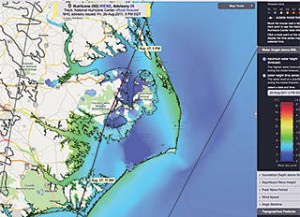In three years, the WSSI shows that software best practices can make a difference in water science.
Ask any elementary school student and they will tell you that water is a renewable resource.
Unfortunately, this “fact” comes with a few complications, like the truth that if we are not careful stewards of our water, it will run out. According to the United Nations Department of Economic and Social Affairs (UNDESA), “more than 1.7 billion people live in river basins where depletion through use exceeds natural recharge.”
This trend could see two-thirds of the world’s population living in water-stressed countries by 2025.
Understanding and sustaining water resources depends on using the best scientific modeling and software development practices, which is why RENCI has been part of the Water Science Software Institute (WSSI) planning grant for the past three years. Read more…


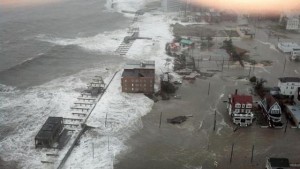
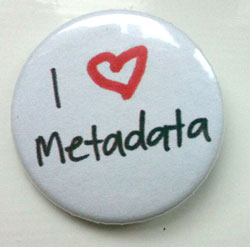 Metadata—or data about data—and its importance in life sciences research will be the discussion topic at an upcoming webinar featuring RENCI’s Dan Bedard, Interim Executive Director of the
Metadata—or data about data—and its importance in life sciences research will be the discussion topic at an upcoming webinar featuring RENCI’s Dan Bedard, Interim Executive Director of the 